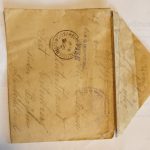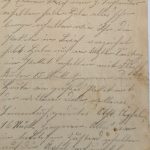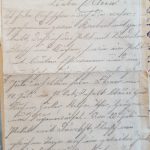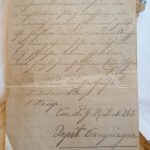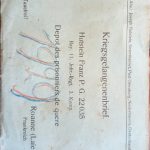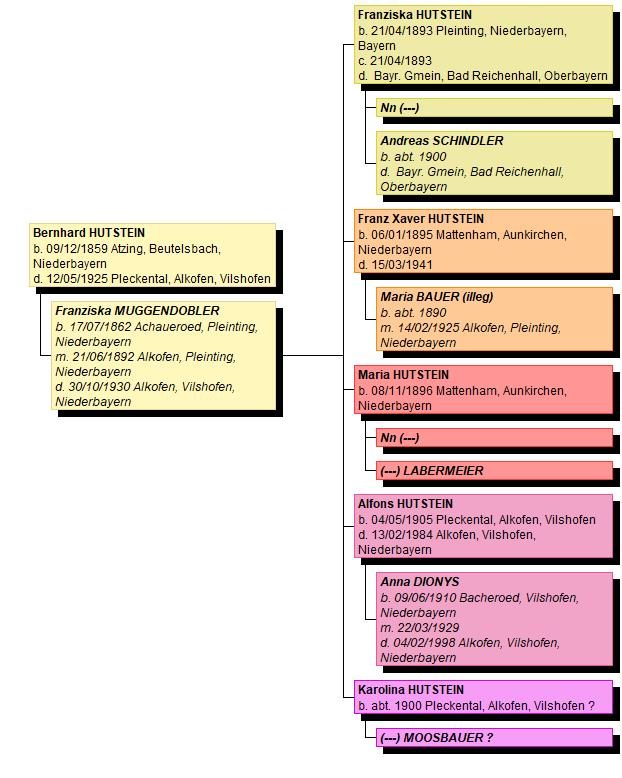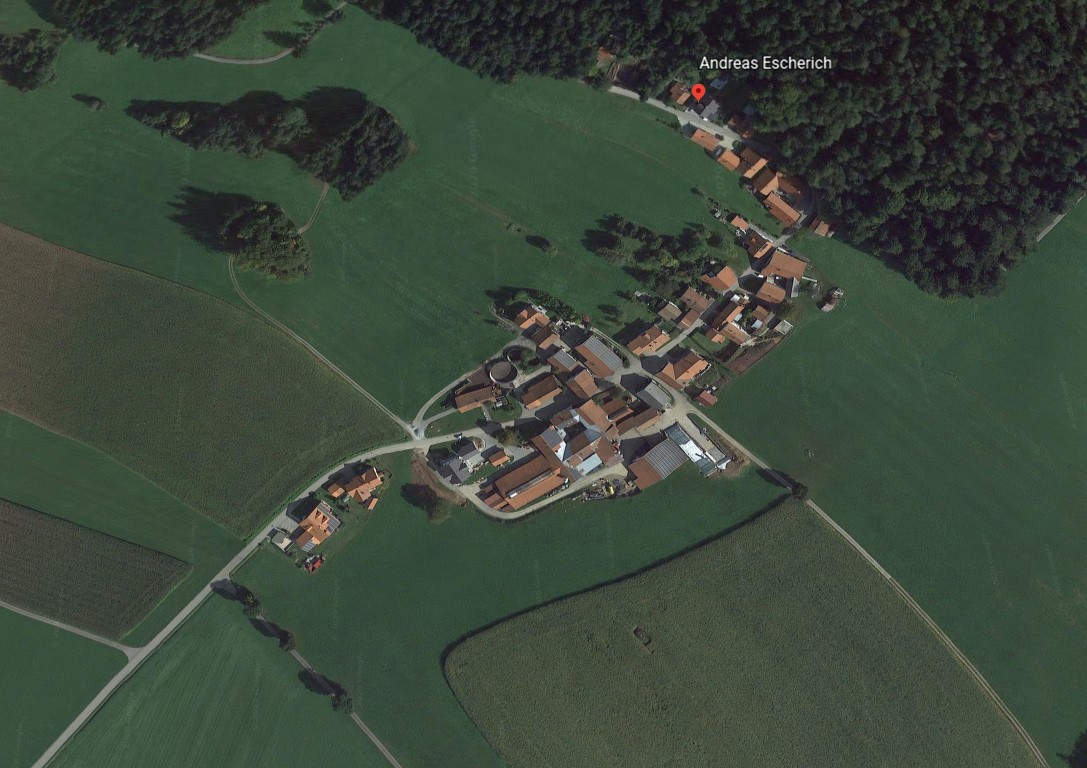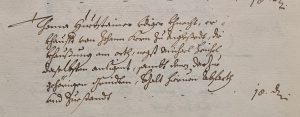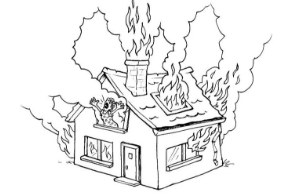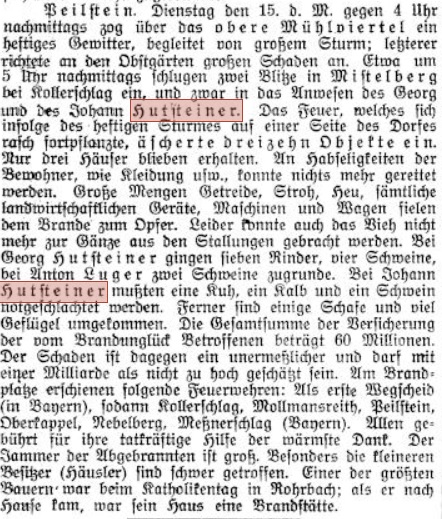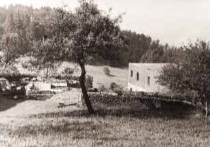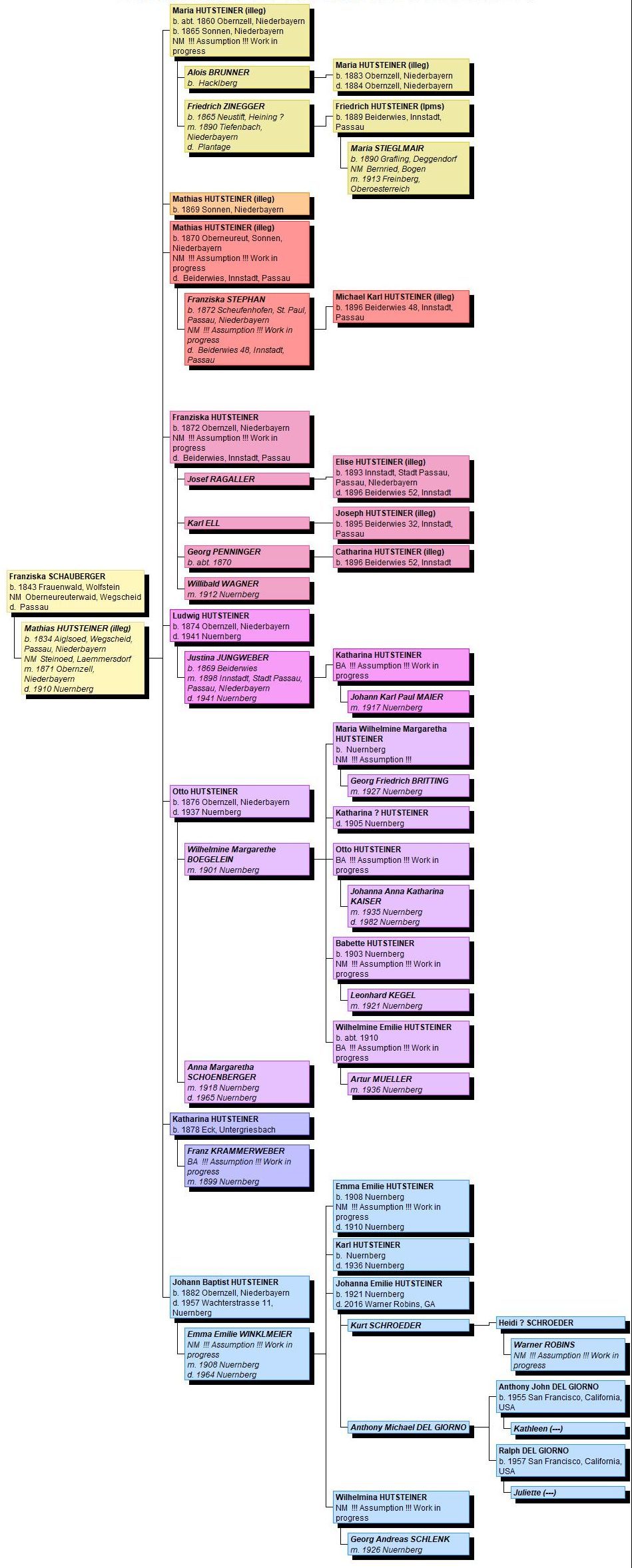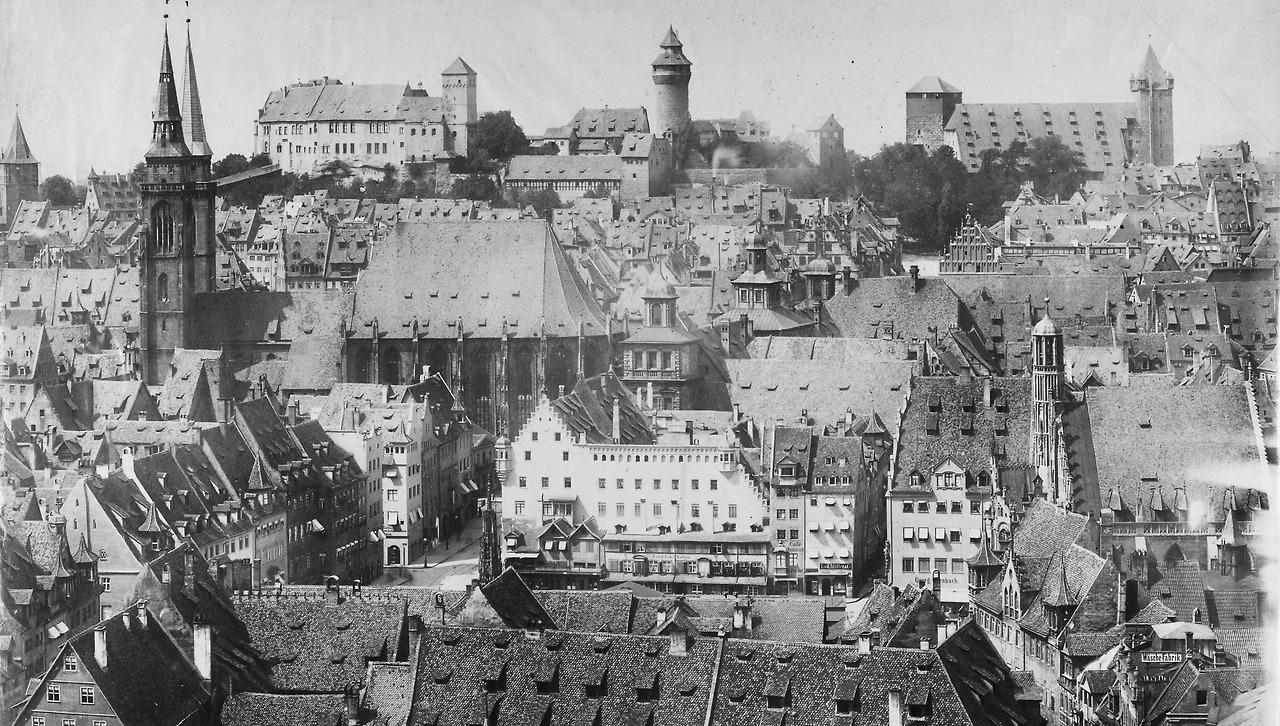Franz Xaver Hutstein from Unterthannet sent a lot of letters from the front lines in world war and his captivity in France to his parents. About 73 letters from and to Unterthannet are still available.
From September 17, 1915 to July 12, 1916 he was to hold a position on the “Maashöhe”. That was a predominantly wooded range of hills south of Verdun to the town of Saint Mihiel east of the Meuse. It was part of the legendary Battle of Verdun, which took place on February 21 and formally ended December 21, 1916.
On July 17, Franz was transferred to a position closer to Verdun, which was probably overrun by French units on August 3.
Franz was captured and taken from Verdun to the POW camp at Roanne, 70 kilometers northwest of Lyon in central France.
Vom 17. September 1915 bis 12. Juli 1916 sollte er eine Stellung auf den „Maashöhen” halten. Das war ein überwiegend bewaldeter Höhenzug südlich von Verdun bis zum Ort Saint Mihiel östlich der Maas. Er war Teil der legendären Schlacht von Verdun, welche am 21. Februar begar und formell am 21. Dezember 1916 endete.
Am 17. Juli wurde Franz in eine Stellun näher an Verdun verlegt, welche wohl am 3. August von französischen Einheiten überrannt worden ist.
Franz wurde gefangen genommen und von Verdun in das Kriegsgefangenenlager nach Roanne, 70 Kilometer nordwestlich von Lyon, ins zentrale Frankreich verbracht.
….
Roanne.5- August 1917: Franz confirms receipt of several packages and describes in detail their contents- “I owe a great debt of thanks to you for all the good that was sent, ie for the trouble in sending the packages, knowing that you have a lot of work to do now. … that you bought the Müller Waldung, which interests me and makes me very happy.”
Roanne.5- August 1917: Franz bestätigt den Erhalt mehrerer Pakete und beschreib detailliert ihre Inhalte- „Ich wäre für großen Dank Euch schuldig für all das Gute geschickt, sohin für die Mühen mit dem Verschicken der Pakete, da Ich ja weiß., dass jetzt bei Euch wieder sehr viel Arbeit gibt. … daß ihr die Müller Waldung gekauft habt, was mich sehr interessiert und freud.”

